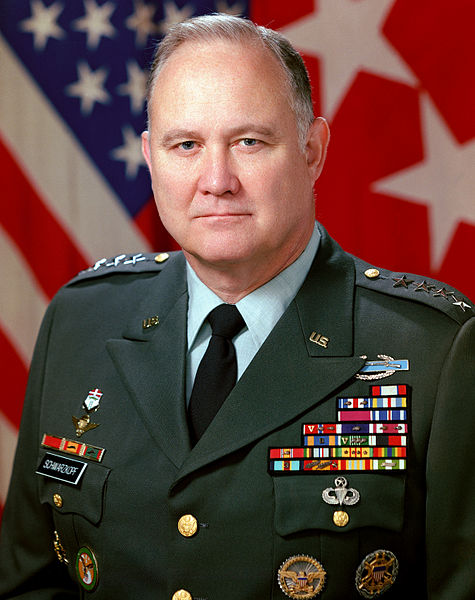Top 10 Characteristics of Good Leaders
“You learn far more from negative leadership than from positive leadership. Because you learn how not to do it. And, therefore, you learn how to do it.”
~ Norman Schwarzkopf, US Army General, Persian Gulf War
- “The Buck Stops Here” Mentality – Good leaders always accept responsibility for events occurring on their watch. They never blame their predecessors. Neither do they unfairly and disingenuously mischaracterize their opponents.
- Positive Culture Shapers – Good leaders create a culture of success and vitality. They establish systems that enable and facilitate maximum growth and prosperity for the masses. They accomplish this by surrounding themselves with competent people who share the leader’s dominant beliefs, attitudes, and values.
- Uniters not Dividers – Good leaders bridge differences. They seek the common ground. The best interest of the organization is the guiding principle in all decisions. They foster a culture (see #2) of open dialogue whereby mutual understanding is valued above vain power grabs.
- Substance over Style – Good leaders are not always the best looking or articulate, but they do have gravitas. When they speak people listen. They listen because both the words and the person speaking them have weight. Thus, they are defined as being a leader among leaders.
- Clarity – Good leaders bring clarity even in times of confusion. They leave their audiences with no ambiguity about the required course of action needed. They are decisive, firm, and never renege on “firm red lines” or cloak hidden agendas in deceptive rhetoric.
- Deflect Praise – Good leaders never take credit for the success of the organization. Conversely, they always accept the blame for when things go south (see #1). They never glory in the defeat of their enemies or “spike the ball” in their opponents’ faces. They quietly fade into the background and let other celebrate the success. First person singular pronouns (“I”) are not a regular part of their vocabulary.
- Nothing to Fear. Nothing to Hide – Good leaders are transparent. Honesty and integrity guide their path. They need not concern themselves with media scrutiny or investigative journalists who are merely searching for the truth. False narratives need not be created to disguise what is plainly obvious to most.
- Present – Good leaders know what is going on. They are aware. Rarely will they say, “I don’t know.” It is the leader’s job to know and accept responsibility for all that happens on his watch. When mistakes occur (and they always do), swift accountability is executed. Incompetence will never be tolerated.
- Accessible – Good leaders are never aloof. They have a way of connecting with ordinary and extraordinary people. They have an aptitude for listening to understand rather than to respond, and in so doing put even their adversaries at ease. As a result, they never think themselves above the law. Such leaders are characterized by humility not arrogance.
- Inspire Hope and Change – Let me clarify (see #5): by hope I mean a compelling vision of the future sufficiently grounded in a faith system capable of supporting it; by change I mean helpful progress. Great leaders rally and mobilize the masses in order to actualize common goals. Thus, they bring together rather than divide (see #3).

0 Comments